76 And you, my child, will be called a prophet of the Most High; for you will go on before the Lord to prepare the way for him,77 to give his people the knowledge of salvation through the forgiveness of their sins,78 because of the tender mercy of our God, by which the rising sun will come to us from heaven79 to shine on those living in darkness and in the shadow of death, to guide our feet into the path of peace.” - Luke 1:76-79
Peace. What does it look like? How do we get there? Ironically, these questions frequently cause conflict more than they effect goodwill between man and his neighbor. Though most are amenable to peace, there are still a great many others who perceive peace as a threat. Some depend on violence to sustain their political power and sovereignty. Others rely on violence to increase their stock price and secure their Christmas bonus.
As we get closer to Christmas Day the question remains, is it possible to make peace less threatening and more appealing? Is there a chart capable of steering our minds out from the raging squalls of hatred and onto the calm seas of brotherhood? Is there a map with the ability to keep our hearts from taking the route of violence over the path of peace? Well if we use the Christmas story as our guide, then I believe the answer is yes to all of the above.
In Luke 1, Zechariah is moved by the Holy Spirit to sing about the special mission God would delegate to his newborn son, John the Baptist. In the course of his song, Zechariah declares that one does not measure the path of peace by using degrees of overwhelming force and grades of unrestrained greed. Rather, he professes his belief that his son would discover the path of peace by relying on longitudes of forgiveness and latitudes of mercy.
In a world where grudges and rancor often obstruct any progress towards lasting peace, forgiveness stands as that divine power capable of clearing a path through any suffering, through any heartache. Forgiveness clears the way for peace because forgiveness liberates. It releases us from resentment we bind to ourselves in the aftermath of betrayal, while freeing us from past mistakes we cling to when we fail. Forgiveness makes an opening for peace because forgiveness terminates. It puts an end to blaming ourselves, while putting a stop to accusing others.
In a world where injustice and intolerance repeatedly block any effort at enduring peace, mercy signifies that cosmic force powerful enough to toss aside any callousness, strong enough to scatter any brutality. Mercy creates pathways for peace because mercy relents. It relents from any scheme of retaliation, while surrendering any effort at annihilation. Mercy forms pathways for peace because mercy prevents. It prevents us from receiving the verdicts of judgement, while keeping us from the demands of entitlement.
I know the hope of Christmas can seem diminished by the darkness spreading in South Sudan or by the children of Aleppo living in the shadow of death. And yet it is in the desperate places where Zechariah's song should be song the loudest. It is in the desolate spaces where the glow of forgiveness and mercy needs to shine the brightest. For only by the light of forgiveness and mercy can we hope to stumble upon the path to peace.
"...Glory to God in the highest heaven, and on earth peace to those on whom his favor rests..."
CJE

